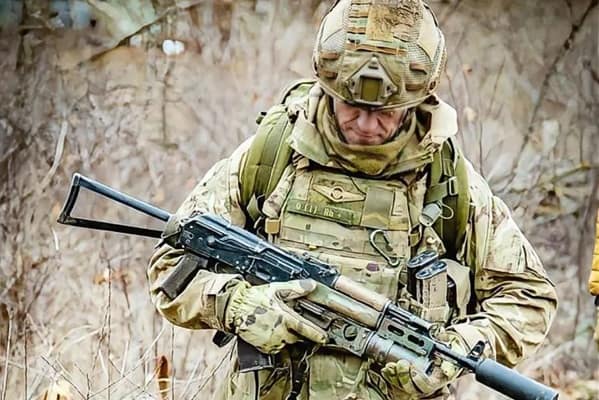
"When people hear my name these days, it's usually followed by "former British soldier captured in Mariupol." Or worse, "foreign fighter" as if I'd spent my weekends pledging allegiance to some jihad. The truth is simpler: I was a Ukrainian Marine. Why journalists find it so hard to say that without choking on their morning coffee, or realising they're parroting a Russian talking point is beyond me."
"Headlines. That's how most stories about me begin, usually about Ukraine, and almost always horrific. Rocket attacks on hospitals. Prisoner exchanges. My own captivity. I feel a mix of obligation, stubbornness, and responsibility to report what's actually happening on the ground, but before the cameras, before the Kremlin's propaganda circus, there was just a bloke from North London who liked soldiering, strong tea, and cricket, and who had once promised himself to stay as far away from media and social media as humanly possible."
I was a Ukrainian Marine who is often described as a former British soldier captured in Mariupol or as a "foreign fighter." I never left the country where I had legal status, and my family are Ukrainian. Media and propaganda frequently label me a mercenary because that narrative sells more than "Ukrainian Marine." I served in the Royal Anglian Regiment after school and experienced peacekeeping in places like Bosnia and Northern Ireland before leaving the Army in 1999. Headlines about rocket attacks, prisoner exchanges, and my captivity shape public perception while I feel compelled to report realities from the ground.
Read at London Business News | Londonlovesbusiness.com
Unable to calculate read time
Collection
[
|
...
]